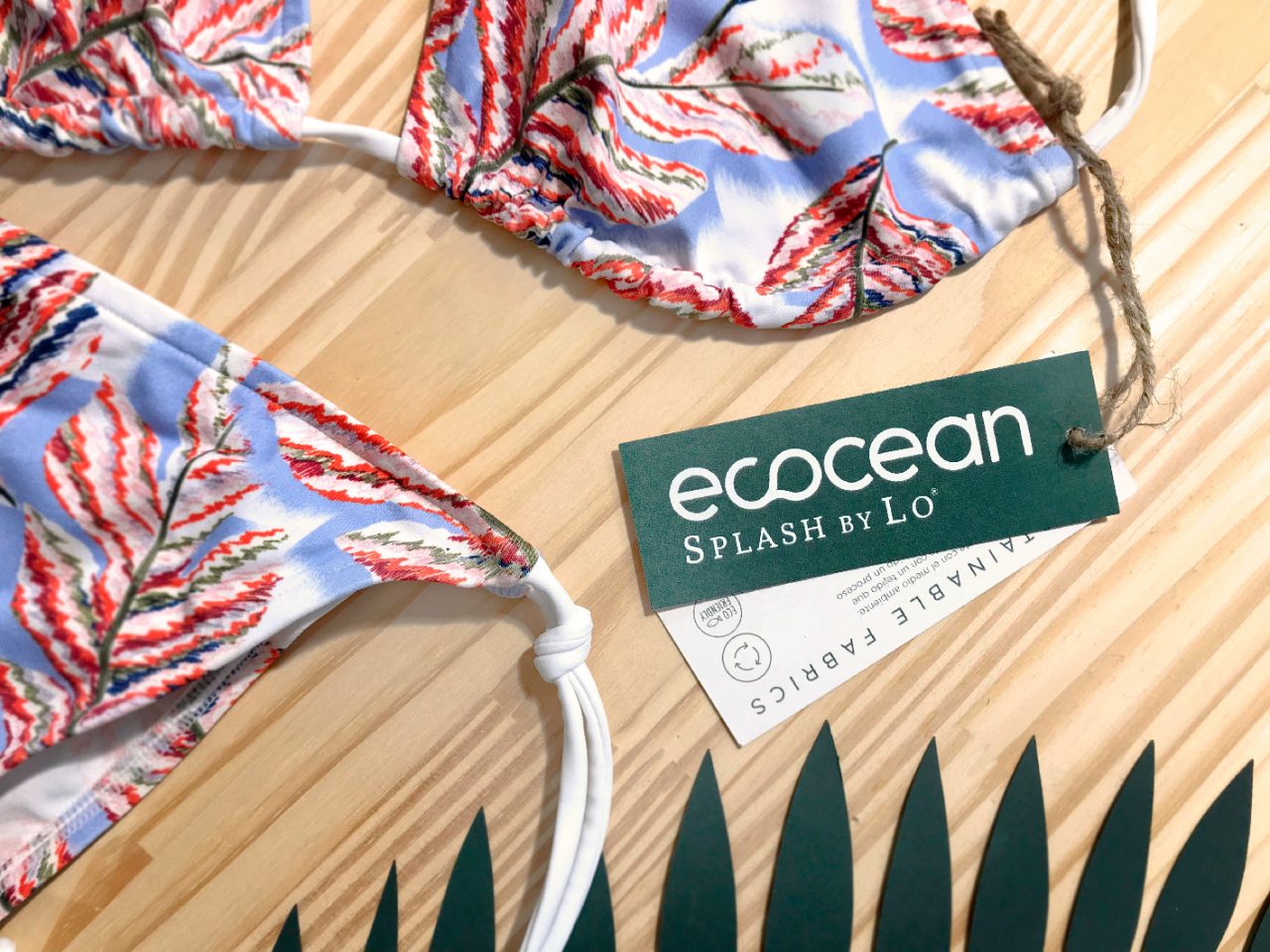Sustainable practices can have environmental, social, and economic impacts all across the textile industry. Join Splash by Lo’s ECOCEAN movement!
Sustainability – the use of commercial practices and manufacturing methods that do not destroy natural resources – is a concept that is widely applicable and affects more than just the textile industry. It touches every sector on the planet, from the supply of food to restaurants to the consumption of energy in hotels.
Taking into account the broad reach of the textile industry, which is one of the largest industries in the world, sustainability is not merely an important concept; rather, companies have the opportunity to make a huge difference in environmental, economic, and social terms.
Let’s take a look at some of the incredible initiatives being implemented by Splash by Lo as part of their innovative Ecocean project.
- RECYCLED POLYESTER: The production of recycled polyester is more beneficial for the climate, producing up to 75% less CO2 emissions than the production of virgin polyester.
- RECYCLED POLYAMIDE: “Coral” is the name of our knit fabric made with recycled Q-NOVA Nylon 6.6 produced from waste products generated by the company’s main production cycle.
- ECO-FRIENDLY VISCOSE: Fabrics made from EcoVero viscose. This fibre carries the EU eco-label because high environmental standards are maintained throughout its life cycle, from raw material extraction to production, distribution, and disposal.
Join the global Slow Fashion movement with Splash by Lo and become part of the change. Because higher quality, more durable materials such as eco-textiles and recyclable fabrics are becoming increasingly important in the fashion industry. Be part of the decade when fashion became sustainable. And because numbers always help to build up a more powerful picture of the issue, here are some facts and figures:
- The fashion industry is one of the largest industries in the world. It has a turnover of $2.6 billion, employs over 26 million people and accounts for 7% of global exports. (Ellen MacArthur Foundation)
- By 2030, the global middle class will number 5.4 billion people, compared to 3 billion in 2015. This will result in an increased demand for clothing and other goods that define middle-income lifestyles.
- According to a report by the University of Cambridge, for each kilo of fabric produced globally, 0.6 kg of oil equivalent is consumed, and 2 kg of CO2 is released into the atmosphere.

